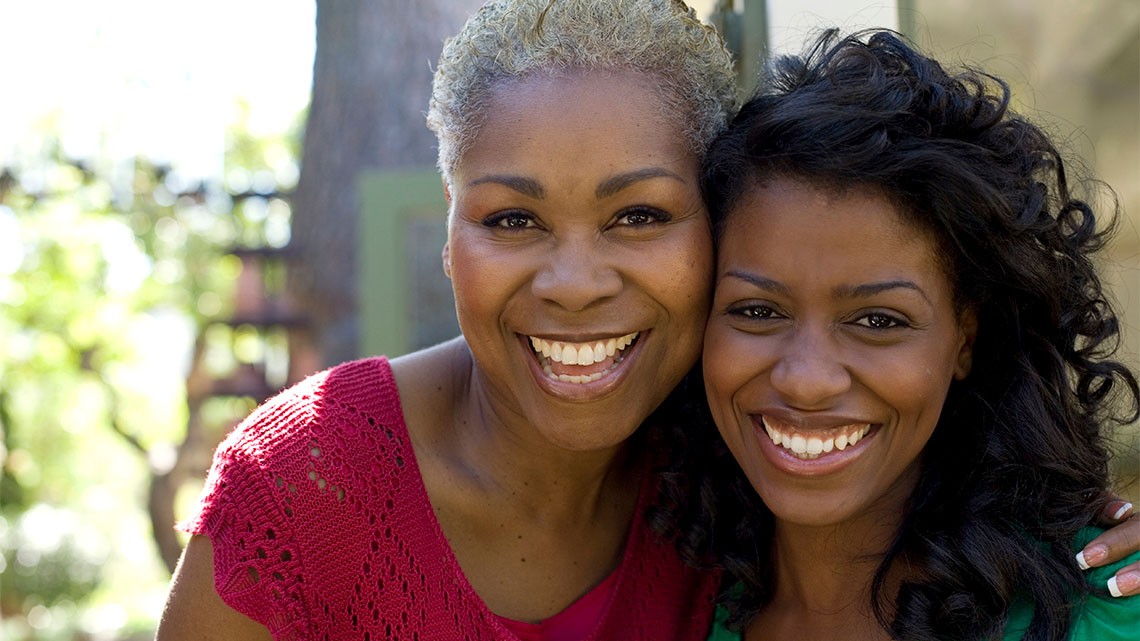Vida Sana
Coronavirus: Protecciones contra la discriminación a la comunidad LGBTQ
Mira una repetición en el video que está arriba.
| Los expertos respondieron a tus preguntas relacionadas con la pandemia del coronavirus y cómo coordinar el apoyo a los cuidadores, proteger tu bienestar y conocer mejor el sistema de atención médica. También hablaron del reciente fallo de la Corte Suprema de EE.UU. que protege a la comunidad LGBTQ de la discriminación laboral y de lo que esto significa para los trabajadores y los empleadores. Los expertos, además, dieron consejos sobre la administración de las finanzas y compartieron recursos útiles para los propietarios de pequeños negocios.
Conoce a los expertos


Membresía de AARP: $12 por tu primer año cuando te inscribes en la renovación automática.
Obtén acceso inmediato a productos exclusivos para socios y cientos de descuentos, una segunda membresía gratis y una suscripción a AARP The Magazine.
Únete a AARP
Annise Parker
Exalcaldesa de Houston, Texas
Presidenta y directora general, Victory Fund Institute
Glenn Magpantay
Director ejecutivo
National Queer Asian Pacific Islander Alliance
Karen Loewy
Abogada sénior y estratega principal
Lambda Legal Defense &Education Fund
Diego Sanchez
Director de defensa de derechos
PFLAG
Justin Nelson
Fundador y copresidente
National LGBTQ Chamber of Commerce
Dr. Erwin Tan
Director de salud y liderazgo intelectual
AARP
La pandemia ha causado que muchas parejas pasen más tiempo juntas en su hogar. Esta experiencia puede beneficiar o causar problemas en cualquier relación. El evento de preguntas y respuestas en vivo contó con la participación de dos parejas que compartieron su experiencia y contaron lo que han aprendido sobre manejar su relación durante el brote de la COVID-19, al tiempo que lidian con la pérdida de rutinas y el aumento del estrés, la ansiedad y las preocupaciones de la salud.
Marlo Thomas y Phil Donahue son coautores del libro What Makes a Marriage Last: 40 Celebrated Couples Share with Us the Secrets to a Happy Life. Marlo es una premiada actriz, autora y activista cuya obra continúa impactando el entretenimiento y la cultura estadounidenses. Phil es escritor, productor, periodista y un pionero de los medios que revolucionó el formato de los programas de entrevistas.
Barry J. Jacobs y Julia L. Mayer son coautores del libro AARP Meditations for Caregivers—Practical, Emotional and Spiritual Support for You and Your Family. Jacobs es psicólogo clínico, terapeuta familiar y el director de ciencias del comportamiento para el Crozer-Keystone Family Medicine Residency Program en Springfield, Pensilvania. Mayer es una psicóloga clínica que ha asesorado a individuos y parejas por casi 25 años.
Este evento de preguntas y respuestas en vivo abordó cómo navegar el desempleo, los permisos y administrar tu carrera durante este tiempo incierto. Los expertos ayudaron a comprender tus beneficios, derechos y qué esperar a medida que las restricciones de distanciamiento físico se relajan y las personas regresan al trabajo.
Conoce a los expertos
Amanda Augustine
Experta en carreras profesionales
TopResume
Rebecca Dixon
Directora ejecutiva
National Employment Law Project
Lee Baker, CFP
Propietario y Presidente
Apex Financial Solutions
Para más información visita AARP.org/elcoronavirus



































































También te puede interesar